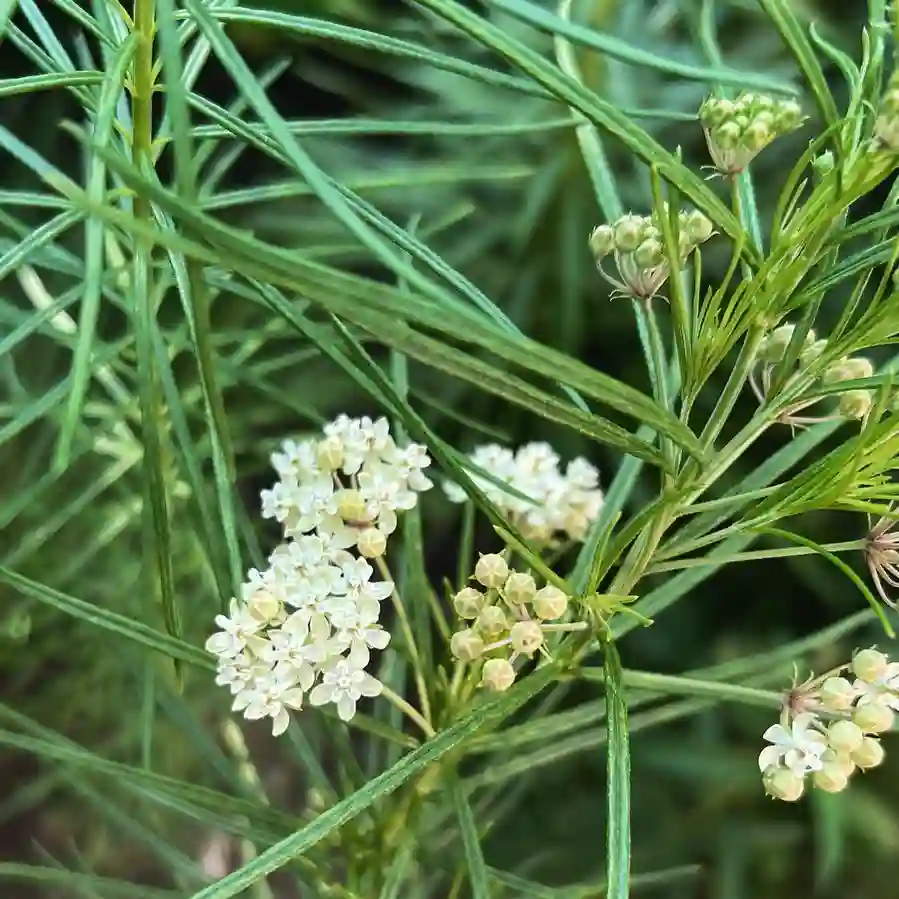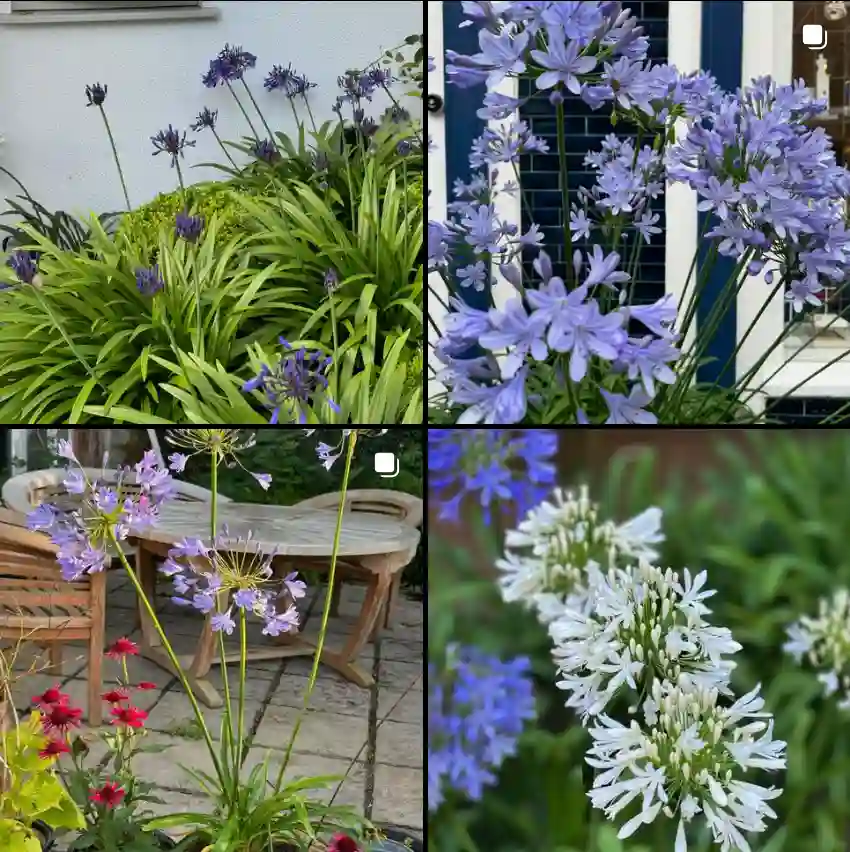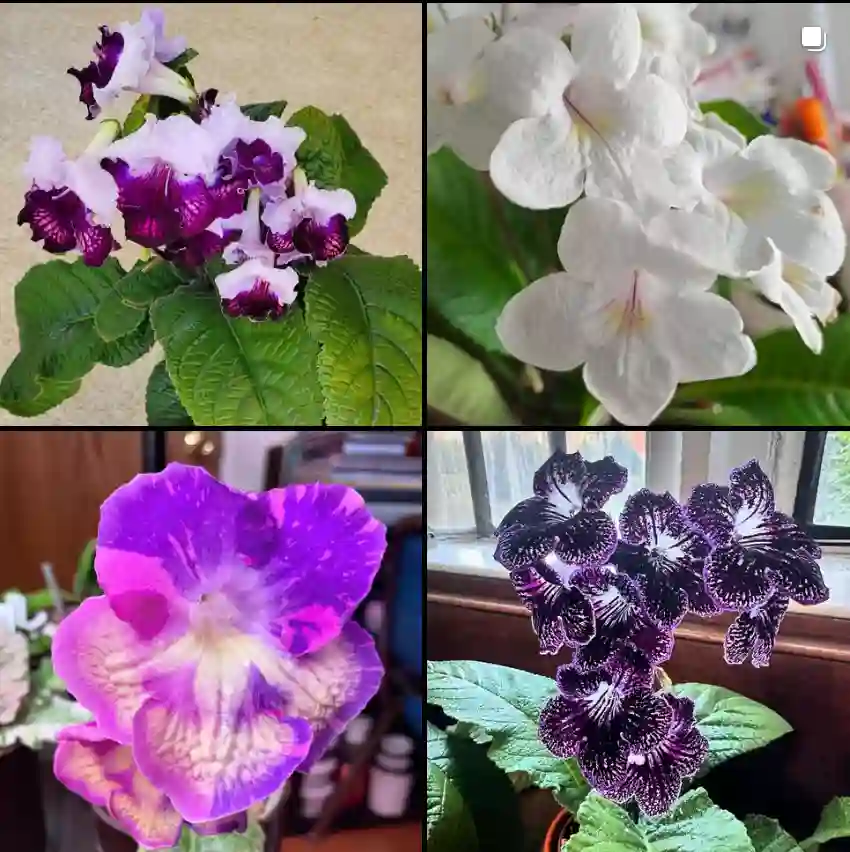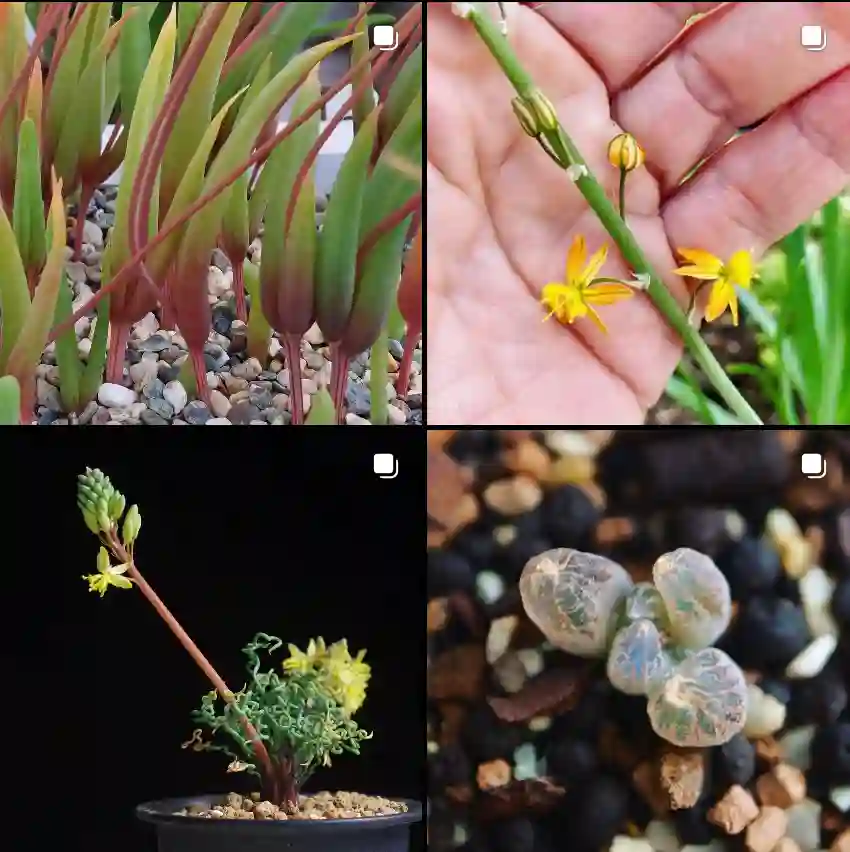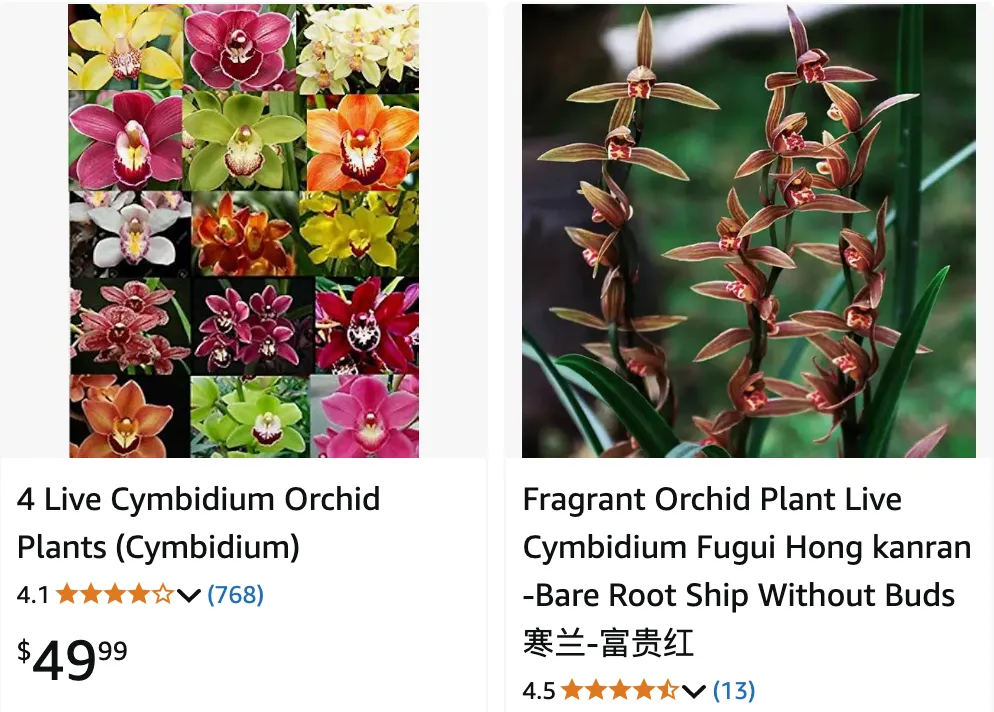
June 19 – Cymbidium
"Cymbidium, the boat orchid, defines June 19."
Cymbidium symbolizes beauty and refinement. You have a sophisticated charm that draws admiration. Like this elegant orchid, your presence is captivating and graceful.
Cymbidium Orchids: A Personal Fascination
My name is Ferb Vu, and I’ve always been drawn to the elegant beauty of Orchidaceae family. Among the many genera, Cymbidium holds a special place in my heart. These stunning orchids, often called “boat orchids” due to the shape of their labellum (the modified petal that serves as a landing platform for pollinators), are native to the cool, mountainous regions of Asia and Australia. Their resilience, diversity, and captivating blooms have made them a favorite among orchid enthusiasts worldwide, myself included.
A Diverse Genus
The Cymbidium genus encompasses a wide array of species, each with its own unique characteristics. Some are epiphytes, growing on trees, while others are terrestrial, rooting in the ground. Some thrive in cool climates, while others prefer warmer temperatures. This diversity is part of what makes Cymbidiums so fascinating.
Here are:
- Cymbidium acuminatum M.A.Clem. & D.L.Jones
- Cymbidium aliciae Quisumb.
- Cymbidium aloifolium (L.) Sw.
- Cymbidium atrolabium X.Y.Liao, S.R.Lan & Z.J.Liu
- Cymbidium atropurpureum (Lindl.) Rolfe
- Cymbidium × ballianum Rolfe
- Cymbidium banaense Gagnep.
- Cymbidium × baoshanense F.Y.Liu & Perner
- Cymbidium bicolor Lindl.
- Cymbidium biflorens D.Y.Zhang, S.R.Lan & Z.J.Liu
- Cymbidium borneense J.J.Wood
- Cymbidium brevifolium Zhuang Zhou, S.R.Lan & Z.J.Liu
- Cymbidium canaliculatum R.Br.
- Cymbidium changningense Z.J.Liu & S.C.Chen
- Cymbidium × charlesworthii Rolfe & Hurst
- Cymbidium chloranthum Lindl.
- Cymbidium cochleare Lindl.
- Cymbidium codonanthum Yuting Jiang, Liang Ma & S.Chen
- Cymbidium concinnum Z.J.Liu & S.C.Chen
- Cymbidium crassifolium Herb.
- Cymbidium × cravenianim Anon.
- Cymbidium cyperifolium Wall. ex Lindl.
- Cymbidium daweishanense G.Q.Zhang & Z.J.Liu
- Cymbidium dayanum Rchb.f.
- Cymbidium defoliatum Y.S.Wu & S.C.Chen
- Cymbidium devonianum Paxton
- Cymbidium dianlan H.He
- Cymbidium × dilatatiphyllum J.M.H.Shaw
- Cymbidium eburneum Lindl.
- Cymbidium elegans Lindl.
- Cymbidium elongatum J.J.Wood, Du Puy & Shim
- Cymbidium ensifolium (L.) Sw.
- Cymbidium erythraeum Lindl.
- Cymbidium erythrostylum Rolfe
- Cymbidium faberi Rolfe
- Cymbidium finlaysonianum Lindl.
- Cymbidium floribundum Lindl. Plant FAQs: Cymbidium Floribundum
- Cymbidium × florinda Rolfe
- Cymbidium formosanum Hayata
- Cymbidium × fugongense S.Ke, S.R.Lan & Z.J.Liu
- Cymbidium × gammieanum King & Pantl.
- Cymbidium gaoligongense Z.J.Liu & J.Yong Zhang
- Cymbidium × glebelandense Rolfe
- Cymbidium goeringii (Rchb.f.) Rchb.f. Plant FAQs: Cymbidium Goeringii
- Cymbidium haematodes Lindl.
- Cymbidium hartinahianum J.B.Comber & Nasution
- Cymbidium hengbungense A.N.Rao, Chowlu, H.B.Sharma, K.S.Thithila & D.S.Thokchom
- Cymbidium × hillii F.Muell. ex Regel
- Cymbidium hookerianum Rchb.f.
- Cymbidium induratifolium Z.J.Liu & J.N.Zhang
- Cymbidium insigne Rolfe
- Cymbidium iridioides D.Don
- Cymbidium jiangchengense Ying L.Peng, S.R.Lan & Z.J.Liu
- Cymbidium kanran Makino
- Cymbidium lancifolium Hook.
- Cymbidium lii M.Z.Huang, J.M.Yin & G.S.Yang
- Cymbidium longipes Z.J.Liu & J.N.Zhang
- Cymbidium lowianum (Rchb.f.) Rchb.f.
- Cymbidium macrorhizon Lindl.
- Cymbidium madidum Lindl.
- Cymbidium maguanense F.Y.Liu
- Cymbidium × malipoense L.J.Chen, Hong B.Zhou & Z.J.Liu
- Cymbidium mastersii Griff. ex Lindl.
- Cymbidium micranthum Z.J.Liu & S.C.Chen
- Cymbidium × monanthum J.M.H.Shaw
- Cymbidium motuoense W.Q.Hu, Qinghai Zhang & Z.J.Liu
- Cymbidium munronianum King & Pantl.
- Cymbidium nanulum Y.S.Wu & S.C.Chen
- Cymbidium × nishiuchianum Makino ex J.M.H.Shaw
- Cymbidium × nomachianum T.Yukawa & Nob.Tanaka
- Cymbidium × nujiangense X.P.Zhou, S.P.Lei & Z.J.Liu
- Cymbidium × oblancifolium Z.J.Liu & S.C.Chen
- Cymbidium omeiense Y.S.Wu & S.C.Chen
- Cymbidium parishii Rchb.f.
- Cymbidium puerense Z.J.Liu & S.R.Lan
- Cymbidium × purpuratum L.J.Chen, Li.Q.Li & Z.J.Liu
- Cymbidium purpureisepalum M.J.Zhu & S.R.Lan
- Cymbidium qiubeiense K.M.Feng & H.Li
- Cymbidium rectum Ridl.
- Cymbidium recurvatum Z.J.Liu, S.C.Chen & P.J.Cribb
- Cymbidium repens Aver. & Q.T.Phan
- Cymbidium × rosefieldense Rolfe
- Cymbidium roseum J.J.Sm.
- Cymbidium sanderae (Rolfe) P.J.Cribb & Du Puy
- Cymbidium sangii Aver. & V.C.Nguyen
- Cymbidium schroederi Rolfe
- Cymbidium seidenfadenii (P.J.Cribb & Du Puy) P.J.Cribb
- Cymbidium serratum Schltr.
- Cymbidium shidianense G.Z.Chen, G.Q.Zhang & L.J.Chen
- Cymbidium sichuanicum Z.J.Liu & S.C.Chen
- Cymbidium sigmoideum J.J.Sm.
- Cymbidium sinense (Andrews) Willd.
- Cymbidium suave R.Br.
- Cymbidium suavissimum Sander ex C.H.Curtis
- Cymbidium tamphianum Aver.
- Cymbidium teretipetiolatum Z.J.Liu & S.C.Chen
- Cymbidium tigrinum C.S.P.Parish ex Hook.
- Cymbidium tortisepalum Fukuy.
- Cymbidium tracyanum L.Castle
- Cymbidium viride Sanjeet Kumar
- Cymbidium wadae T.Yukawa
- Cymbidium weishanense X.Yu & Z.J.Liu
- Cymbidium wenshanense Y.S.Wu & F.Y.Liu
- Cymbidium whiteae King & Pantl.
- Cymbidium wilsonii H.J.Veitch
- Cymbidium × woodlandense Rolfe
- Cymbidium xichouense Xin Y.Xu, C.C.Ding & S.R.Lan
Cultivating Cymbidiums
While Cymbidiums are native to mountainous regions, many hybrids have been developed that can thrive in a wider range of climates. I’ve found that with proper care, these orchids can be successfully cultivated in many home environments. They generally prefer bright, indirect light, cool temperatures, and high humidity. Good air circulation is also important to prevent fungal diseases.
One of the most rewarding aspects of growing Cymbidiums is witnessing the emergence of their flower spikes. These spikes can bear numerous blooms, creating a spectacular display that can last for several weeks. The flowers come in a wide array of colors, from pure white and pastel pink to vibrant yellow, orange, and red. Many Cymbidiums are also fragrant, adding another dimension to their appeal.
The Allure of Cymbidiums
For me, the appeal of Cymbidiums goes beyond their aesthetic beauty. These orchids possess a resilience and adaptability that I find admirable. They can withstand cool temperatures and even occasional frost, making them suitable for growing in a variety of climates. Their long-lasting blooms provide extended enjoyment, and their cultural significance in many Asian countries adds a layer of historical and symbolic interest.
Whether you are a seasoned orchid grower or just starting your journey into the world of orchids, I highly recommend exploring the captivating genus of Cymbidium. Their diversity, beauty, and resilience make them a rewarding addition to any plant collection.
If i die, water my plants!
